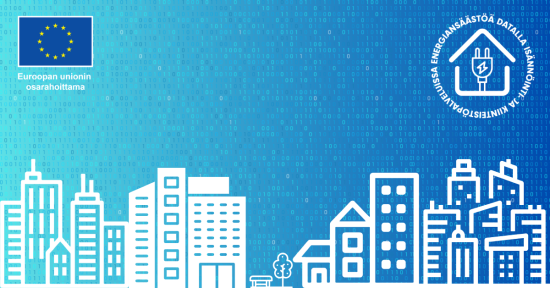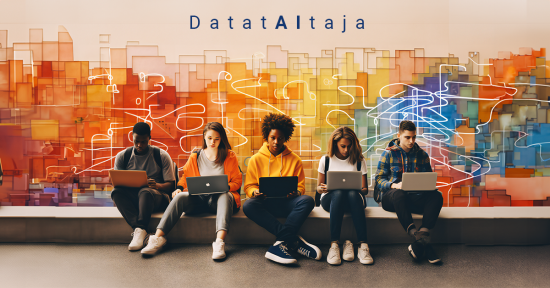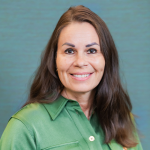As pointed out by Merja Sjöblom, accelerator of digital skills at TIEKE, EU-wide frameworks such as DigComp and DigCompEdu provide a uniform basis for international projects.
“We can use these frameworks to create common ground for discussion. And not every project has to start from the basics. This will greatly facilitate collaboration.”
For example, in the Digi Teachers project, TIEKE used these frameworks to support teachers and tutors of students with special needs.
Successes show the power of collaboration
TIEKE’s international projects, such as EDIFY-EDU and Digi Teachers, have yielded significant results.
A training programme was developed at EDIFY-EDU to promote diversity and inclusion. Digi Teachers helped teachers to improve their digital skills, especially during the COVID-19 pandemic.
“The projects benefit not only the participating organisations, but also their employees, students and other target groups. This makes the work meaningful, with a long-lasting impact,” says Hanna Vuohelainen, accelerator of digital skills and communication at TIEKE.
Renowned Finnish reliability
TIEKE has earned a reputation as a reliable and effective partner in international projects. According to Sjöblom, Finns are particularly valued for their skills, commitment and ability to deliver on promises.
“We always deliver what’s been agreed on, and often we even go beyond that. This is one of the reasons why TIEKE is widely considered an attractive project partner.”
Microcredentials and skills data transform future projects
Microcredentials and skills data will be increasingly important to future projects. Through active networking and knowledge-sharing, TIEKE is preparing to meet whatever challenges come its way.
“Skills data is becoming more important all the time, and it’s our job to help organisations understand and take advantage of this development,” Sjöblom says.
TIEKE’s work in international projects is not just about collaboration between countries. It is also a bridge to meet the skills needs of the future.
Would you like to be part of building this bridge? TIEKE is constantly looking for new partners to do meaningful work to develop knowledge.
International projects pave the way for future skills
- Goal: To enhance the digital pedagogical skills of vocational education teaching and guidance staff in supporting learners with special needs.
- Outputs: Open badges, surveying digital pedagogical skills, methods to support teaching, learning materials and country-specific pilots.
- Target groups: Special needs teachers and tutors employed in vocational education and training, and their students.
- Duration: 2021–2024
- Funded by: Erasmus+
- Goal: To build an international training programme to develop skills in diversity, equality and inclusion (DEI).
- Outputs:
- A massive open online course (MOOC) and specialisation studies for small and medium-sized enterprises and students learning leadership skills. Sign up now!
- Target groups: SME managers, management students and HR personnel.
- Duration: 2022–2025
- Funded by: Erasmus+










